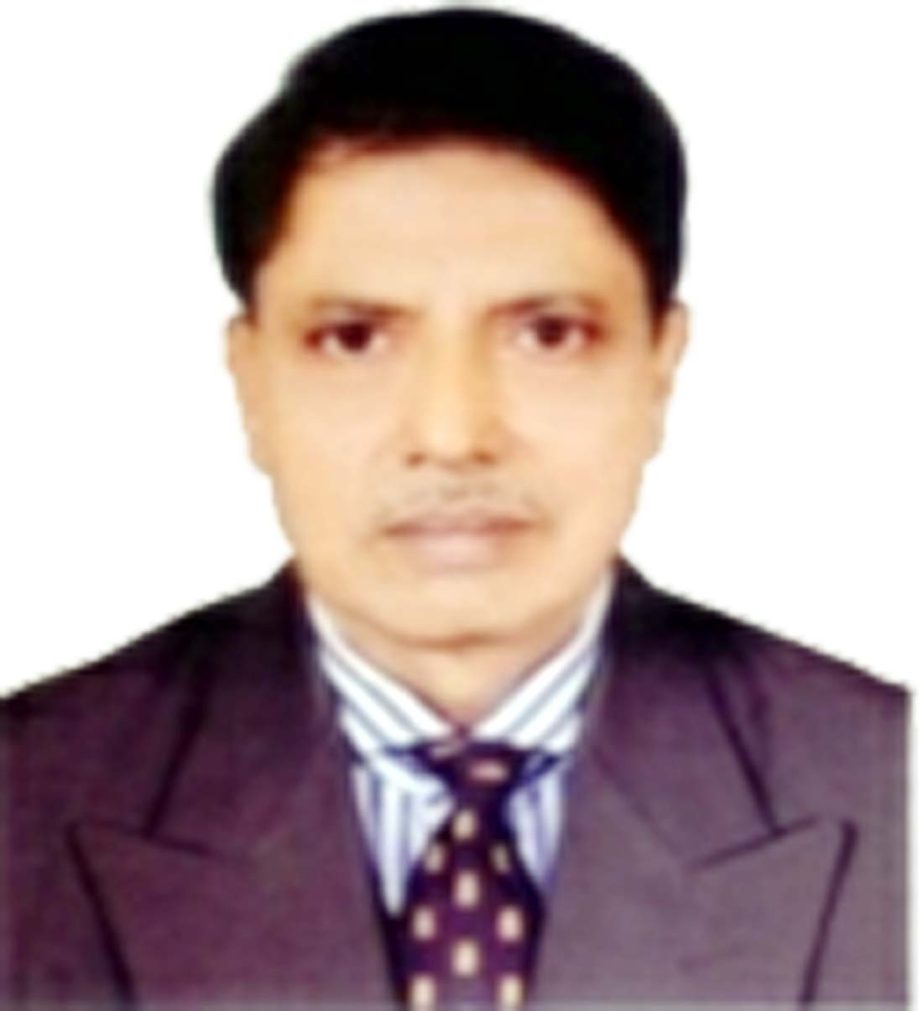
Dr. Forqan Uddin Ahmed :
There are over 476 million indigenous peoples living in 90 countries across the world, accounting for 6.2 per cent of the global population. Indigenous people are the holders of a vast diversity of unique cultures, traditions, languages and knowledge systems. They have a special relationship with their lands and hold diverse concepts of development based on their own worldviews and priorities. Although numerous indigenous peoples worldwide are self-governing and some have been successful in establishing autonomy in varying forms, many indigenous peoples still come under the ultimate authority of central governments who exercise control over their lands, territories and resources. Despite that reality, indigenous peoples have demonstrated extraordinary examples of good governance, ranging from the Haudenosaunee to the existing Sámi parliaments in Finland, Sweden, and Norway.
Each year, 9 August commemorates the International Day of the World’s Indigenous Peoples. It is celebrated around the world and marks the date of the inaugural session of the Working Group on Indigenous Populations at the United Nations in 1982. More than 70 per cent of the world’s population is living in countries with rising income and wealth inequality, including indigenous peoples who already face high rates of poverty and acute socio-economic disadvantages. High levels of inequality are generally associated with institutional instability, corruption, financial crises, increased crime and lack of access to justice, education and health services. For indigenous peoples, poverty and gross inequities tend to generate intense social tensions and conflicts. Eradicating poverty in all its forms and dimensions and reducing inequality are at the heart of the 2030 Agenda for Sustainable Development. Therefore, a new social contract must combat the legacy of exclusion and marginalization affecting indigenous peoples – through their meaningful and effective participation and the obtainment of their free, prior and informed consent.
Indigenous peoples are among the world’s most marginalized population in terms of social issues, political representation, and economic production. Often isolated from non-indigenous culture, they hold separate histories, languages, and traditions. There are 370 million indigenous people in the world, with 70 % of them concentrated in Asia. Notwithstanding this, there are few policies in place that have successfully improved these groups’ access to healthcare and to other social services. In addition, their lack of representation at every level of government ensures that their voices remain unheard and that their needs are not seen as a priority. Despite the existence of global policies and covenants that directly deal with indigenous people’s rights, few countries in the region have recognized their status and their need for special policies aimed to breach the economic, social and health-related gaps between indigenous and non-indigenous populations.
There are about 2 million indigenous people living in the plain and CHT of Bangladesh. Although the hill tribes live in the three hill districts (Rangamati, Banderban and Khagrachari), the plain tribes are scattered in different parts of the country. At present, with the involvement of various organizations, skills and awareness on various issues are gradually increasing among the indigenous youths. It is to be noted that the rate of education among indigenous boys and girls is increasing as compared to the past. As a result, awareness about rights is increasing among them. They are now able to talk about their demands by participating in various national and international meetings and seminars.
The overall position of indigenous peoples in education and health is thought much lower than other citizens of the country. Although the exact position of education of the indigenous communities is not known, in general, the position of most of them is far below the national average. Many are deprived of education due to lack of adequate number of schools, colleges and universities in the tribal areas, especially in the Chittagong Hill Tracts. The government has announced to set up a new university in Rangamati. But it should be subject to the consent and necessity of the hill people.
The rights of indigenous people have assumed a significant place in the international human rights law. In recent years the issues concerning indigenous peoples have not only been received the national and global attention, but have attained the status of customary international law and thus legally binding upon all States.
The state must strive to ensure that they are never deprived of their rights and civic services and are not treated as an exploited or neglected population. In this case, the government has to take a firm decision with sympathy, realizing the depth of its problems and crisis. The government needs to work sincerely to address the various crises of the plains and CHT tribes. In addition, the government must take steps to include their rights and inequalities in the constitution, giving priority to the elimination of discrimination. It is never possible to achieve overall development of the country leaving any marginalized population behind.
(Dr. Forqan is former Deputy Director General, Bangladesh Ansar and VDP).

